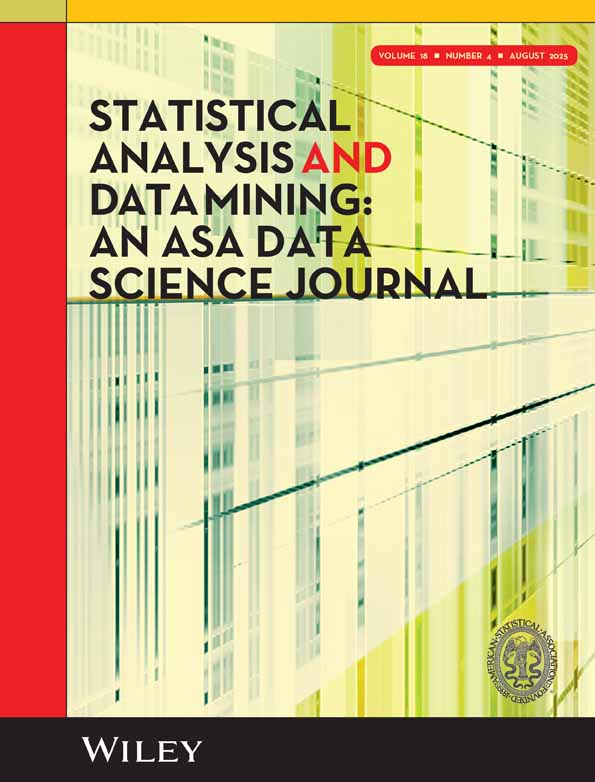Testing for the Important Components of Predictive Variance
Funding: This work was supported by Leidos, National Cancer Institute, Nebraska Program of Excellence in Computational Science and National Science Foundation (2007418).
ABSTRACT
We give a decomposition of the predictive variance based on the law of total variance by making the response variable dependent on a finite dimensional discrete random variable representing our modeling assumptions. Then, we test which terms in this decomposition are small enough to ignore. This allows us to identify which of the discrete random variables, that is, aspects of modeling, are most important to prediction variance. The terms in the decomposition admit interpretations based on conditional means and variances and are analogous to the terms in a Cochran's theorem decomposition of squared error often used in analysis of variance. Thus, the modeling features are treated as factors in completely randomized design.
Conflicts of Interest
The authors declare no conflicts of interest.
Open Research
Data Availability Statement
The data that support the findings of this study are available from the corresponding author upon reasonable request.




